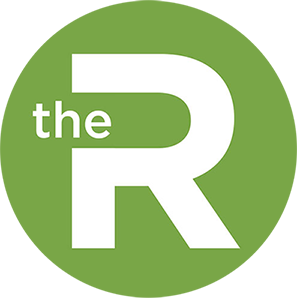On 7 May 2024, the EU Council approved the Instrument for Reform and Growth in the Western Balkans, a new financial framework designed to support EU-aligned reforms and economic growth in the region.
This instrument is the financial cornerstone of the Western Balkans Growth Plan, covering 2024-2027, and aims to provide up to €2 billion in grants and €4 billion in loans for six Western Balkan EU partner countries over the coming years.
Instrument Objectives:
The primary goal is to assist Western Balkan countries in aligning their standards, regulations, and practices with those of the European Union. This alignment will facilitate their eventual membership and integration into the EU single market. The instrument also seeks to promote socio-economic and institutional reforms, particularly those related to the rule of law and fundamental rights.
Reform Agendas:
To access funding, each partner country must submit a Reform Agenda, detailing their planned reforms and how these measures align with EU policies. Countries should also show how their strategies will gradually align with the EU’s Common Foreign and Security Policy.
Financial Structure:
Funding will be channelled through the Western Balkans Investment Framework (WBIF), offering grants and loans for infrastructure projects and providing direct budget loans that are tied to socio-economic reform. In total, €3 billion will support infrastructure investments, and another €3 billion will go directly into national budgets.

Biannual disbursements will hinge on meeting specific reform targets outlined in each Reform Agenda. If a partner fails to meet these targets, the EU can withhold funds.
Preconditions and Transparency:
Countries receiving support must uphold democratic standards, including maintaining an independent judiciary, holding fair elections, and ensuring freedom of the press. Serbia and Kosovo* must make tangible progress towards normalising their relations based on the Path to Normalisation Agreement.
To ensure transparency, partner countries will establish a web portal publishing information on any recipient of more than €50,000 within four years.
Next Steps:
After the regulation is formally published in the EU Official Journal, partner countries will be invited to submit their Reform Agendas, laying out their reform strategies for 2024-2027.
*This designation does not affect views on status, consistent with UNSC Resolution 1244/1999 and the ICJ opinion on Kosovo’s declaration of independence.
